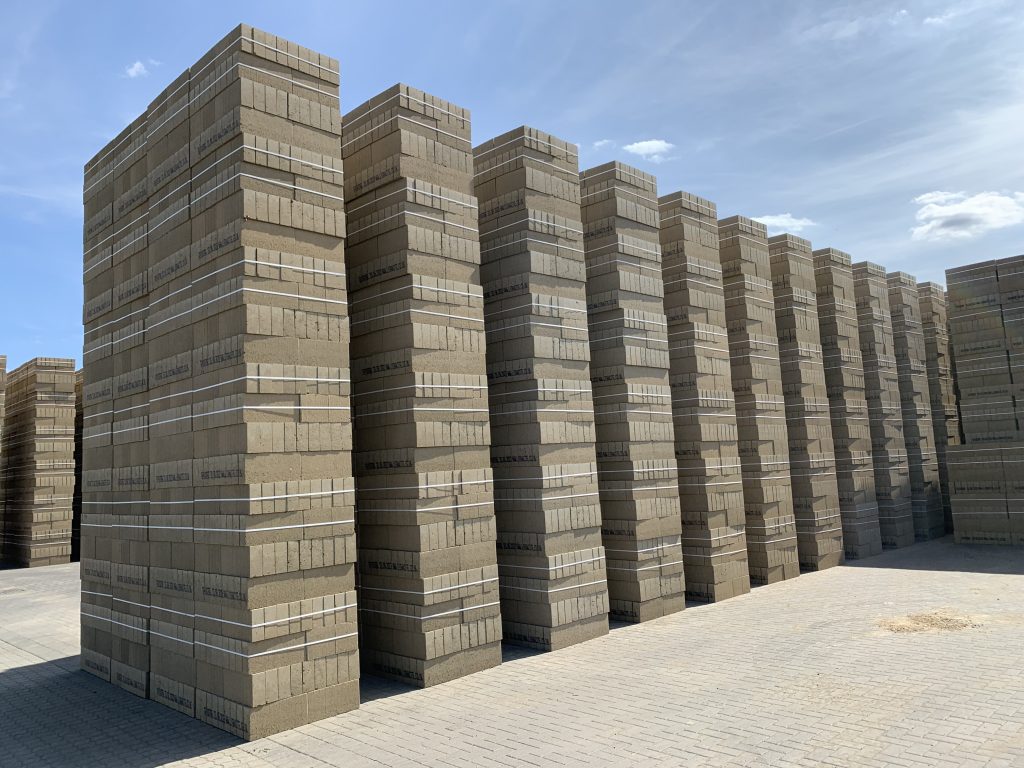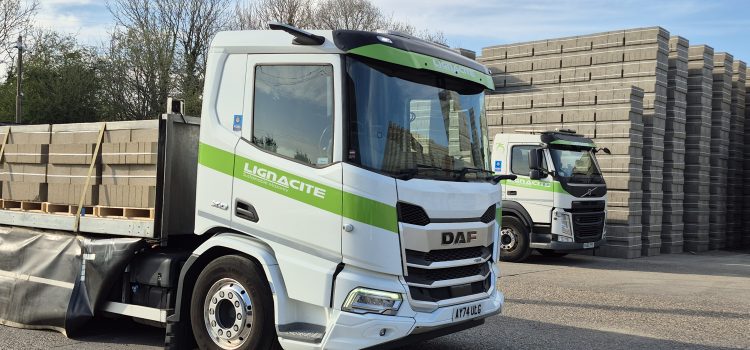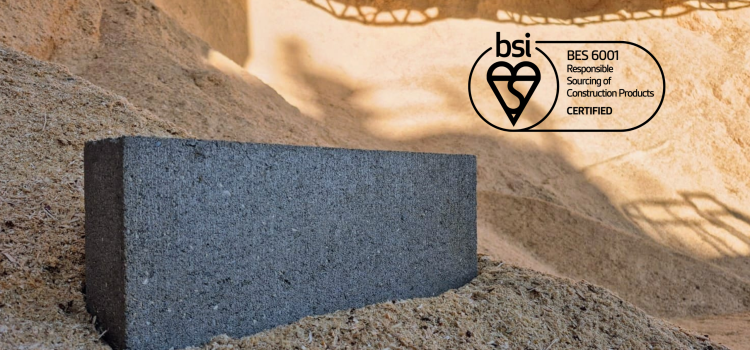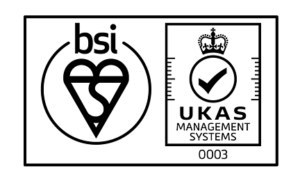Articles
A guide to using concrete blocks below DPC

Posted by Nick Franks
At Lignacite, our Quoting team is often asked whether concrete blocks can be used below the DPC (damp-proof course) of a structure. To help answer your questions, we’ve put together a guide to help you on your way.
Can concrete blocks be used below DPC?
The short answer is yes, concrete blocks can be used below the DPC in the substructure of a building and walls below ground. Providing they meet the technical requirements of the project, they can be considered a tried-and-tested solution for this application.
Standard grade concrete blocks are sufficiently robust and durable to cater for most types of ground conditions that are encountered in construction. They provide good protection against the risks of freeze-thaw action and saturation. In addition, they tend to have a high level of resistance to a range of chemicals present in soil.
There are other factors, such as compressive strength that should also be considered. As a result, it’s always important to ensure that blocks are suitable for each application.
Considerations when using concrete blocks below DPC
If you’re looking for the right blocks, it’s important to ensure that they are compliant with BS EN 771-3, the European standard for masonry units, as well as Published Document 6697 (PD 6697). These standards both ensure that blockwork meets suitable standards for use.
The key considerations when using concrete blocks below the DPC, according to BS EN 771 and PD 6697, include:
Adequate compressive strength
There is a direct link between the compressive strength of a block and its durability.
Experience has consistently demonstrated that blocks with a strength of 7.3N/mm2 will be sufficiently durable when used in normal ground conditions. Blocks of this strength will also bear the loading of a supporting structure in most low-rise buildings. Higher compressive strengths are available for more demanding loadbearing conditions.
When assessing durability, blocks that are exposed to the external ground are likely to encounter freeze-thaw conditions, accompanied by saturation. Blocks used within the interior of a building are unlikely to be at risk from these conditions, so blocks with a lower compressive strength, such as 3.6N/mm2, can be specified.
Freeze-thaw resistance
Most types of concrete blocks will provide adequate resistance to saturation accompanied by freeze-thaw action. In the UK, it is the masonry located typically 150mm above and below the finished ground level that is more susceptible. In this zone, the masonry can become wet for long periods, particularly in the winter months.
Density
Experience has shown that the density of a block is a reliable measure of its durability. For use below the DPC, it is recommended by PD 6697 that aggregate concrete blocks with a net density of ≥1500kg/m3 or greater can be used in conditions where there is a high risk of saturation with freezing.
Soil conditions
Sulfates and acids are chemicals that are often found in soil and groundwater. When they come into contact with concrete, they can react with the materials in the mixture, resulting in a chemical reaction. This may cause disruption to the materials within the block. If the ground that you’re building in has a high acid or sulfate content, it is important to use blocks that can withstand these conditions.
In the case of sulfate-bearing soils you may need to consider using sulfate-resisting mortar.
Mortar
The durability of concrete blocks is assured when a compatible mortar mix is specified. For use in soil conditions where there is a risk of saturation with freezing, a mortar strength Class M6 should be used. Typically, this will correspond to a mortar with proportions of 1:1/2:41/2 cement:lime:sand. For use in less onerous soil conditions, a mortar strength Class M4 or M6 should be used.
What blocks can be used below DPC?
A variety of block types can be used below DPC. As mentioned above, the compressive strength and density of blocks are the primary characteristics that influence the durability performance when used below the DPC level.
NHBC guidance says that blocks used below the DPC should meet BS EN 771-3 standards in addition to at least one of the following criteria:
- Minimum density of at least 1500kg/m3.
- Minimum compressive strength of 7.3N/mm2 in order to withstand pressure from the structure above and the ground around it.
- Meet Technical Requirement R3, to ensure they are suitable for the intended use.
Within our own product ranges, we have several concrete blocks that are suitable for use below a DPC.
Lignacrete Concrete
Lignacrete Standard blocks with compressive strengths of 7.3 N/mm2 and 10.4N/mm2 are suitable for use below DPC. They are frost resistant in accordance with PD 6697 and certified to BS EN 771-3. They are dense blocks and can be considered for use in cavity and single-leaf walls in this location.
Lignacite GP Concrete
Lignacite GP medium-density blocks are certified to BS EN 771-3 and available with compressive strengths of 7.3N/mm2 and 10.4N/mm2. This makes them suitable for use below DPC.
Fibo 850 Concrete
Fibo 850 low-density blocks have a compressive strength of 3.6N/mm2. They can be used to construct interior walls below DPC.
The benefits of using concrete blocks below DPC
Concrete blocks are generally a better choice for use below DPC than bricks because they are more efficient to lay (one block is the equivalent of six bricks).
If you select the right product for your project, they will be highly durable and able to withstand the effects of frost and damp, as well as the pressure from surrounding forces. As such, you’ll know that the materials are durable, with a long life, giving you complete peace of mind about the longevity of the structure.
Find the right blocks for your next project
Seeking concrete blocks for your next project? Take a look at our Block Application tool, which guides you through where our blocks can be used. Alternatively, give our friendly Quote Line a call on 01842 778485 to discuss your needs with a member of our team.






















